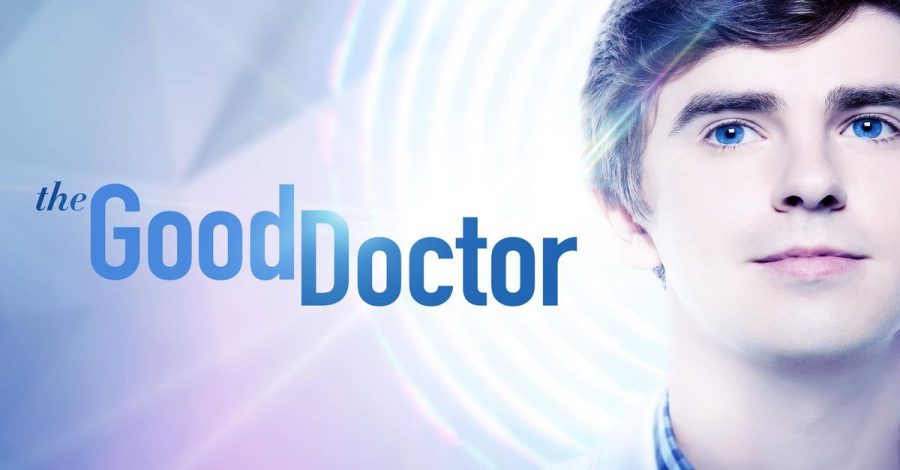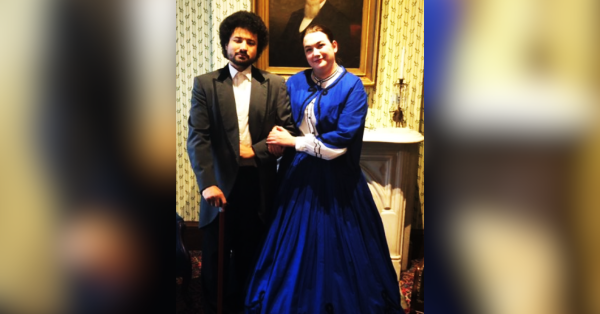An Atypical Perspective on The Good Doctor
Two things must be said: first, this will not be a normal review, as it will be heavily rooted in my personal experiences as an adult with high-functioning autism. Second, every person’s experience with autism is unique, and my experiences and perspectives should not be taken as representative of every person with autism.
The Good Doctor is an ABC medical drama based on a South Korean drama of the same name. It follows the trials of Shaun Murphy, a newly hired autistic surgical resident at Saint Bonaventure hospital. I should begin by saying that while the show has its issues, it is far better than the first season of Atypical , which sets the standard for the worst possible way to do a show about people with autism.
Shaun isn’t a perfect representation of people with autism. This is an impossible feat given that the role is played by neurotypical Freddie Highmore, but he does a reasonably solid job of it. Shaun is shown to maintain ritualistic behaviors, have a lack of social skills and empathy, and suffer from certain sensory issues and a mild speech impediment. Importantly, his autism is presented as a complex condition with benefits and drawbacks instead of an excuse to be a jerk. Also, importantly, Shaun isn’t a jerk. He has a legitimate desire to help people. He understands the issues his autism can cause when dealing with other people and seeks to curtail them. While he certainly has difficulties with empathy, it is clear that he does care about others.
Most important of all is the fact that autism is a part of Shaun’s character rather than being his entire character. He’s presented as a highly intelligent and generally decent person who happens to deal with neurological traits different from those around him, and for that the show deserves credit.
Of course, this is a double-edged sword. While credit must be given for positive representation, the show does unfortunately fall into the trap of positive stereotyping. Shaun isn’t just a good doctor, he’s shown to be in many respects better than the rest of his colleagues. The essential problem here is that it is presented as being explicitly because of his autism. The portrayal of it in the show can be best likened to some type of superpower, and that, in my opinion is a bit too much. The show would be better both in terms of its narrative and in its representation of autism if Shaun was merely a good doctor on par with his colleagues rather than a superhuman medical genius. Other than that, the only other major complaint regarding the character itself is that Shaun’s autistic traits are more pronounced than they should be, given his age and education level, but this is television, so some exaggeration is acceptable.
All in all, three out of five. Somewhat problematic, but generally solid.












